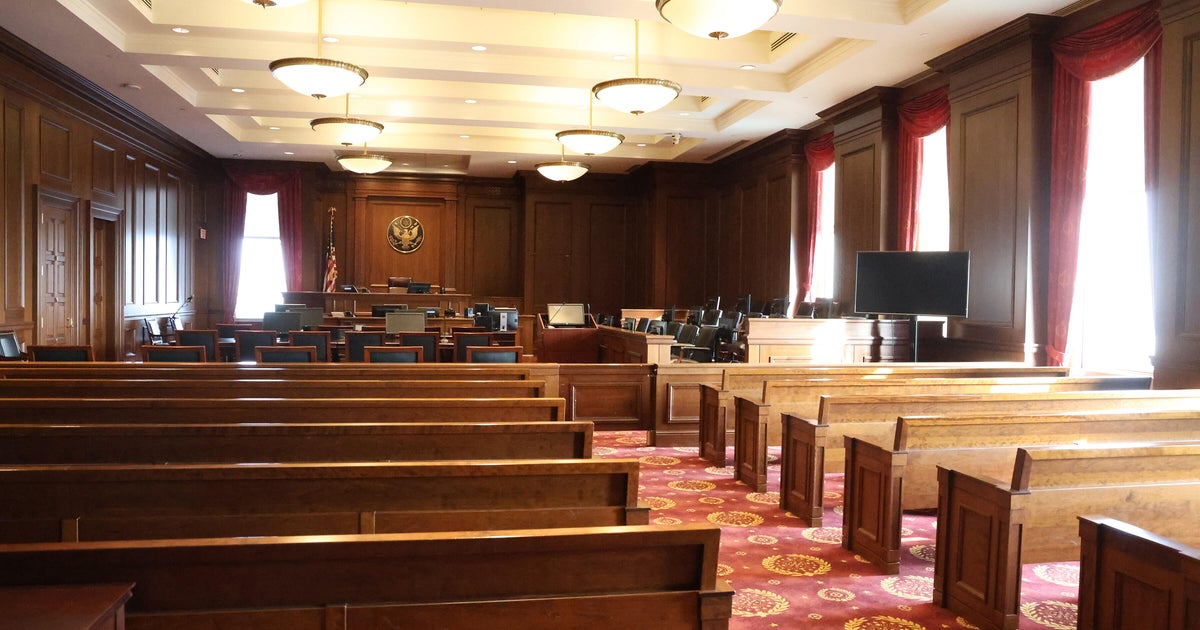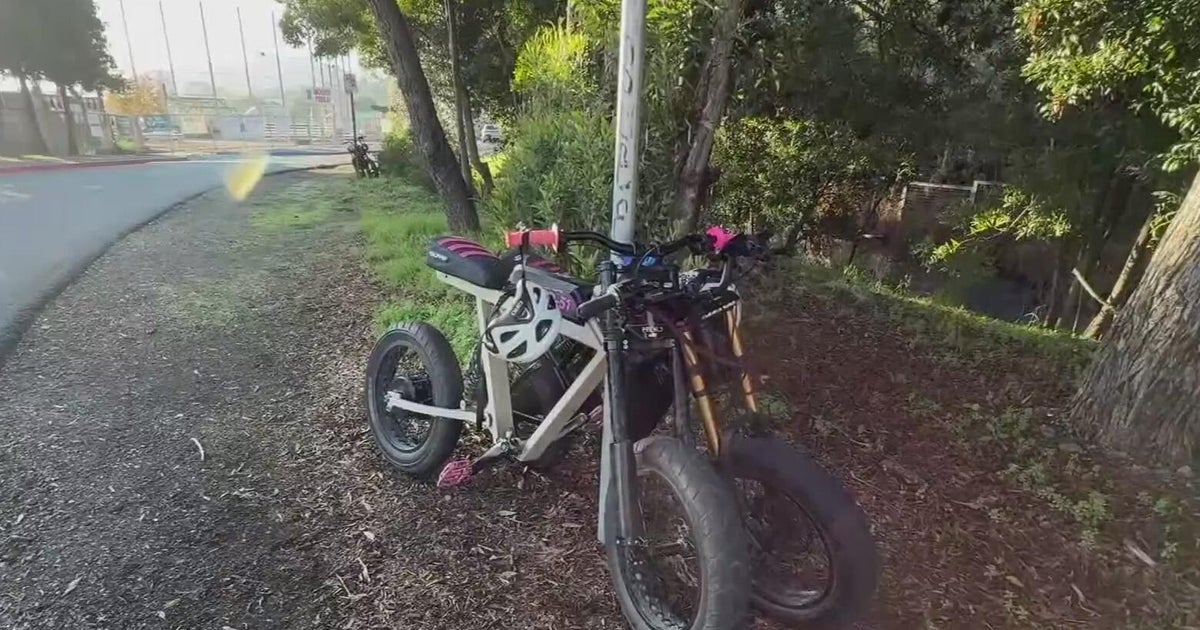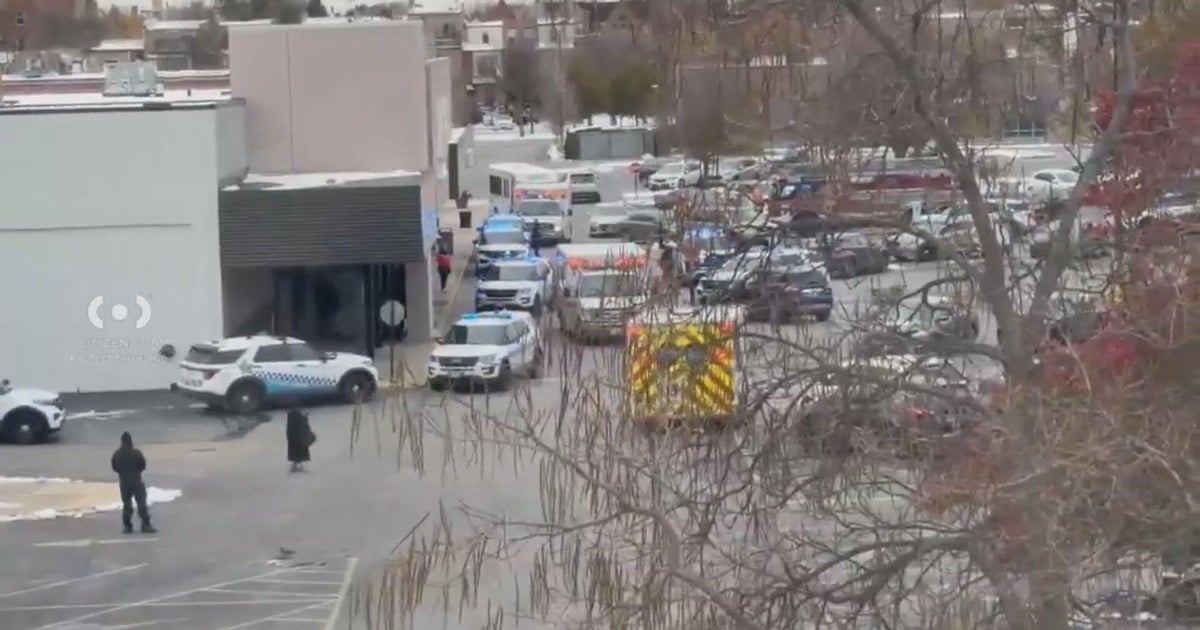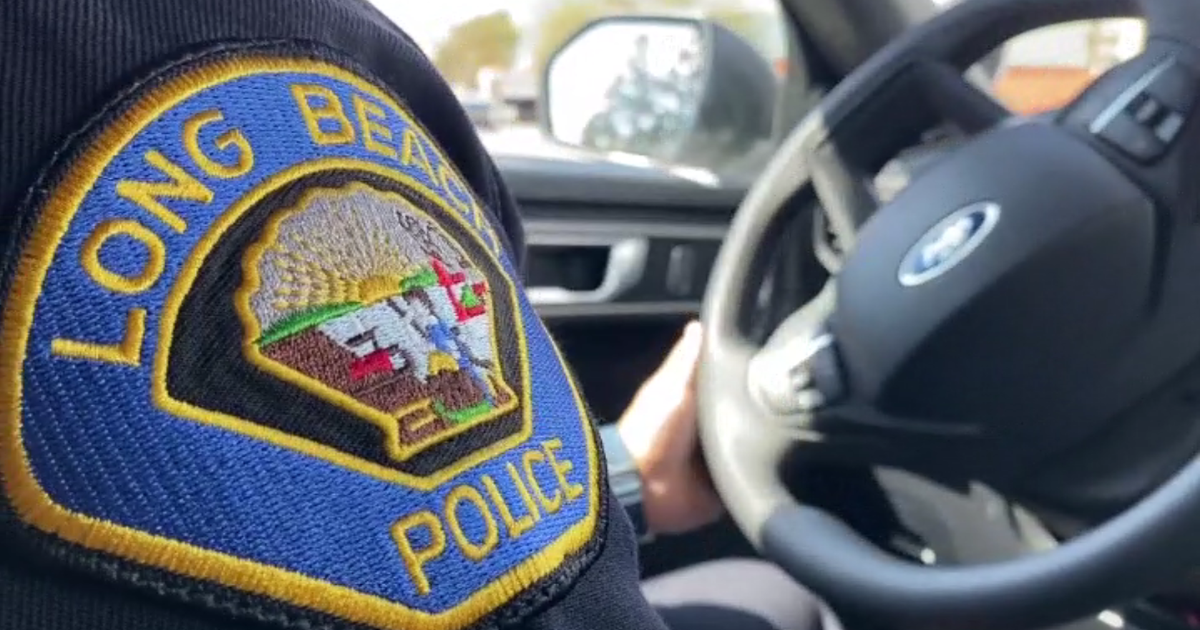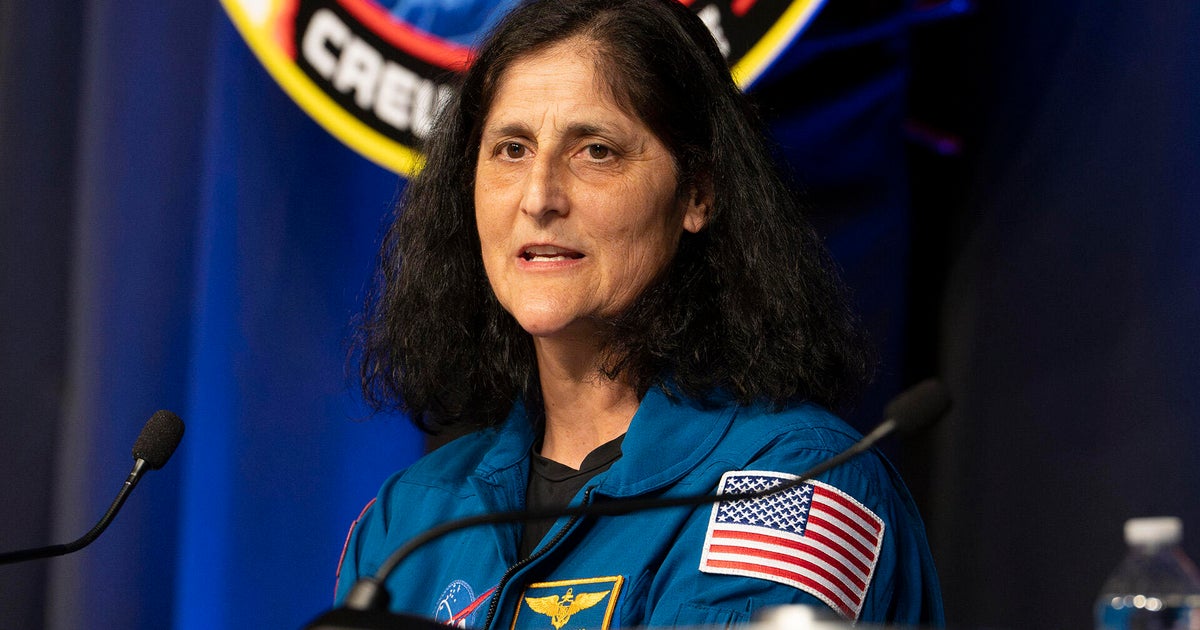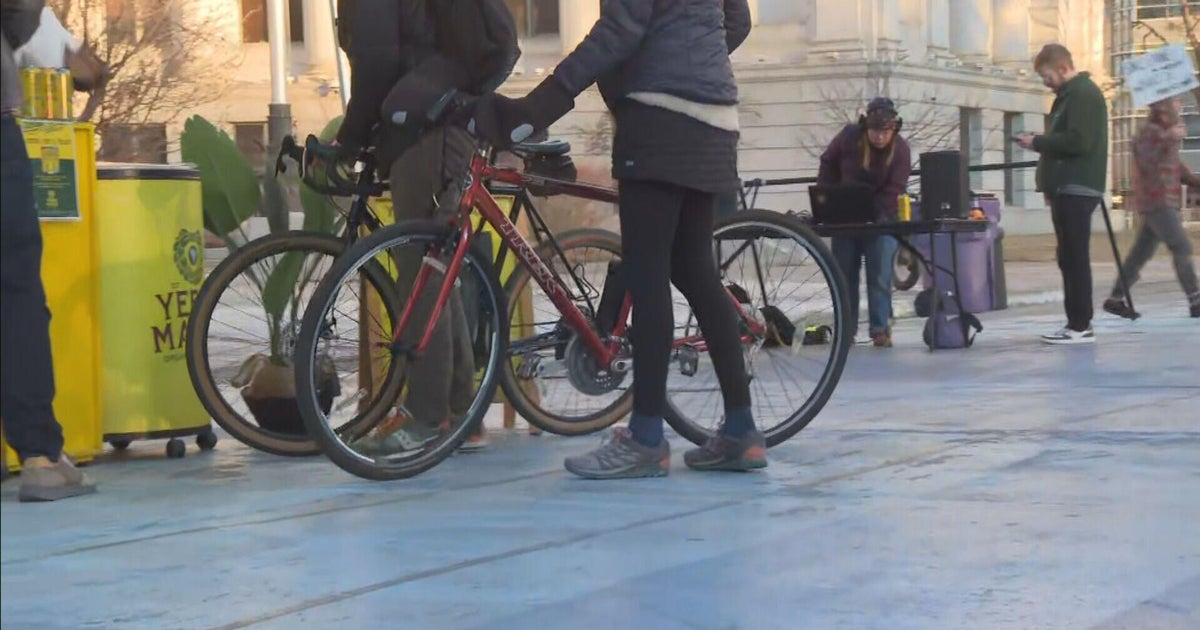Scientists Link Less Traffic To Lowest Nitrogen Dioxide Levels On Record Along I-95 Corridor
BALTIMORE (WJZ) -- Satellite imagery is confirming what scientists have thought for weeks now; our reaction to the COVID-19 pandemic is translating to cleaner air.
Scientists say the air along the I-95 corridor is as clear as it has been in decades -- with Nitrogen dioxide levels down -- due to the stay-at-home orders that are currently in effect.
"First of all, we know this is going to be good for Marylanders' lungs," Ben Grumbles, Secretary of the Maryland Department of the Environment, said.
CORONAVIRUS COVERAGE:
- Coronavirus Resources: How To Get Help In Maryland
- What We Know About Coronavirus In Maryland
- Latest coronavirus stories from WJZ
NASA scientist Ana Prados teaches climate change policy at the University of Maryland, Baltimore County. She says the decrease of Nitrogen dioxide in the air is connected to more people staying home.
"There's a tight relationship between human activities and the quality of the air that we breathe," Prados said.
NASA has a sliding tool on its website where you can compare a five-year average of air quality, with one from this March. It's the lowest Nitrogen dioxide level on record.
"What it tells us is human activity has slowed down," Prados said. "There's been a slowdown in the economy, and people are not moving as much."
Grumbles says the decrease in Nitrogen dioxide translates to cleaner water in the Chesapeake Bay, too.
"About a third of the Nitrogen pollution to our cherished Chesapeake Bay is from the air," Grumbles said.
Scientists will continue to track air quality and point to these improvements to push for better public policy. That includes expanding telework and encouraging cars with clean energy.
"These situations don't come around so often, fortunately, I think we're all glad about that," Grumbles said. "But, I think it's important to learn from these crisis situations."
NASA satellites also show a 30 to 40 percent drop in Nitrogen dioxide in the southeastern U.S. April's data should be out in the next few weeks.
For the latest information on coronavirus go to the Maryland Health Department's website or call 211. You can find all of WJZ's coverage on coronavirus in Maryland here.
